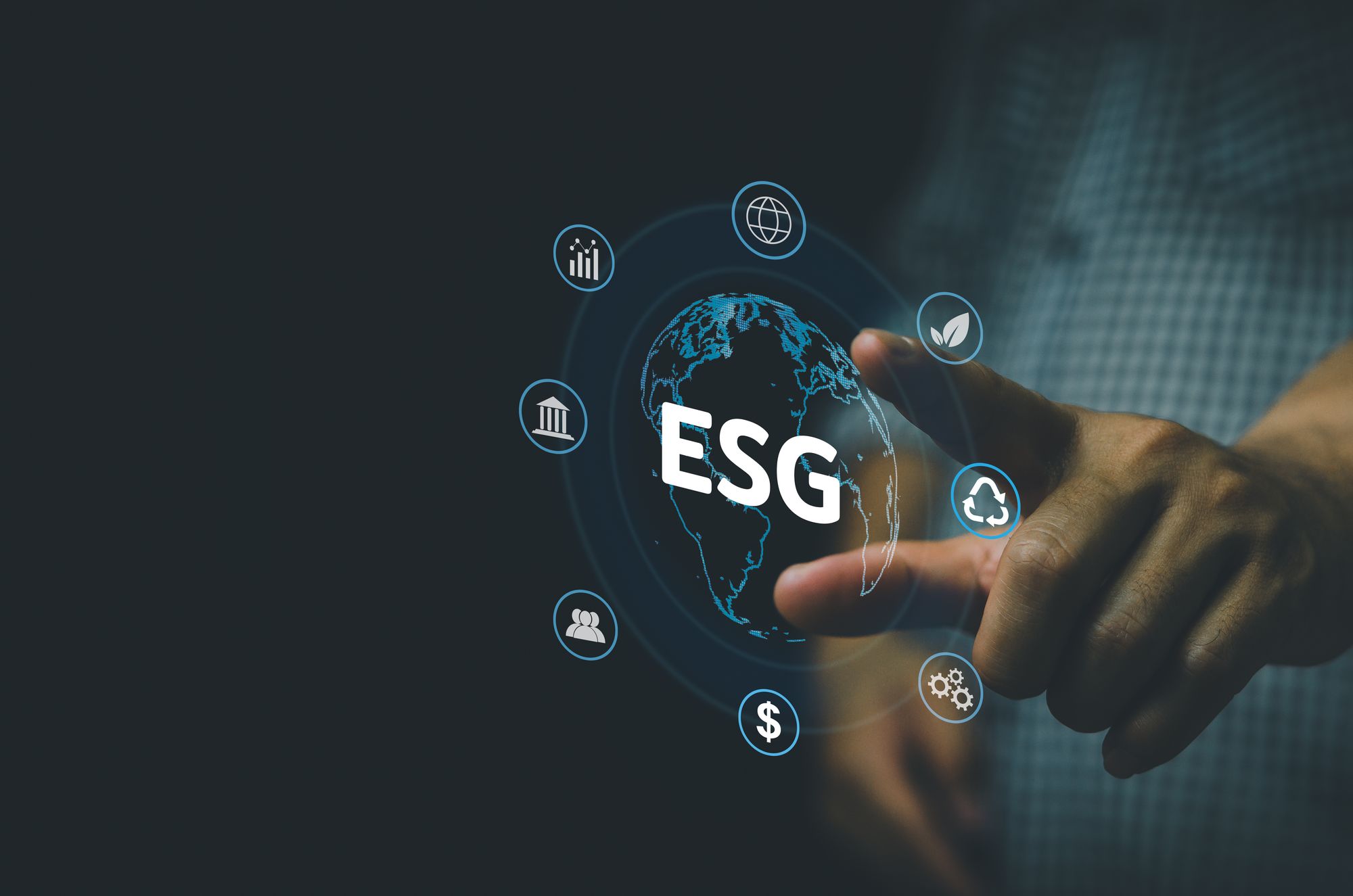|
Getting your Trinity Audio player ready...
|
Environmental, Social, and Governance (ESG) investing has become a prominent force in the financial world. But what exactly is it, and how does it fit into the broader landscape of sustainable investing? This article dives into the intricacies of ESG, exploring its evolution, controversies, and potential impact.
From Risk Management to Societal Impact
At its core, ESG is an investment approach that considers environmental, social, and governance factors alongside traditional financial metrics. Proponents argue that analyzing these factors helps manage risks and identify opportunities that traditional analysis might miss. They envision ESG not just as a way to achieve competitive returns, but also to align investments with personal values and contribute to positive societal outcomes.
The ESG Boom and Backlash
The popularity of ESG has soared in recent years, with billions of dollars flowing into ESG-labeled funds. However, this rapid growth has also fueled skepticism. Critics claim that some investments labeled as “ESG” don’t truly prioritize environmental and social good, and instead represent mere “greenwashing” – marketing tactics that exaggerate an investment’s sustainability credentials.
This skepticism has led to a regulatory crackdown, with authorities in the US and Europe demanding greater clarity and standardization from financial institutions promoting ESG products. The Securities and Exchange Commission (SEC) in the US, for instance, recently implemented rules requiring funds to ensure a substantial portion of their investments align with their stated ESG focus.
Performance and the ESG Debate
The question of financial performance remains another point of contention. While some studies suggest ESG funds can deliver competitive returns, others highlight periods where they underperform traditional benchmarks. The 2022 oil price surge and the recent underperformance of tech stocks – key holdings in many ESG funds – illustrate these complexities.
Related: Environmental, Social, and Governance (ESG) Investing: The Smart Way to Invest
Beyond ESG: A Spectrum of Sustainable Investing
ESG is just one piece of the sustainable investing puzzle. Other strategies, with different levels of focus on social and environmental impact, exist:
- Ethical and Values-Based Investing: This approach prioritizes aligning investments with personal beliefs, often excluding companies involved in activities like tobacco or weapons production.
- Socially Responsible Investing (SRI): SRI focuses on investing in companies with positive social and environmental practices while avoiding those with harmful impacts.
- Impact Investing: This niche strategy targets investments in projects with measurable social and environmental benefits, like affordable housing or renewable energy.
- Systems-Level Investing: This emerging approach considers the long-term, interconnected impacts of investment decisions across entire economic systems.
The Future of ESG: Redefining the Approach
The ESG landscape is undergoing a period of significant change. Regulatory scrutiny, debates over performance, and concerns about greenwashing are all pushing for greater clarity and standardization. Some proponents even suggest abandoning the term “ESG” altogether, favoring more specific language like “energy transition investing.”
Despite the challenges, the core idea of integrating environmental, social, and governance factors into investment decisions holds promise. As the field evolves, clearer definitions, stricter regulations, and a focus on measurable impact are likely to shape the future of ESG and its role within the broader spectrum of sustainable investing strategies.
I’m a crypto enthusiast with a background in finance. I’m fascinated by the potential of crypto to disrupt traditional financial systems. I’m always on the lookout for new and innovative projects in the space. I believe that crypto has the potential to create a more equitable and inclusive financial system.




